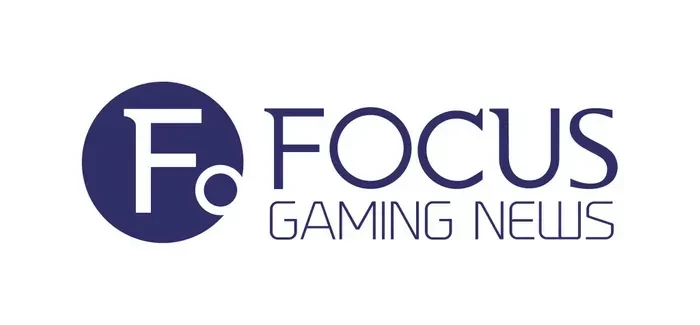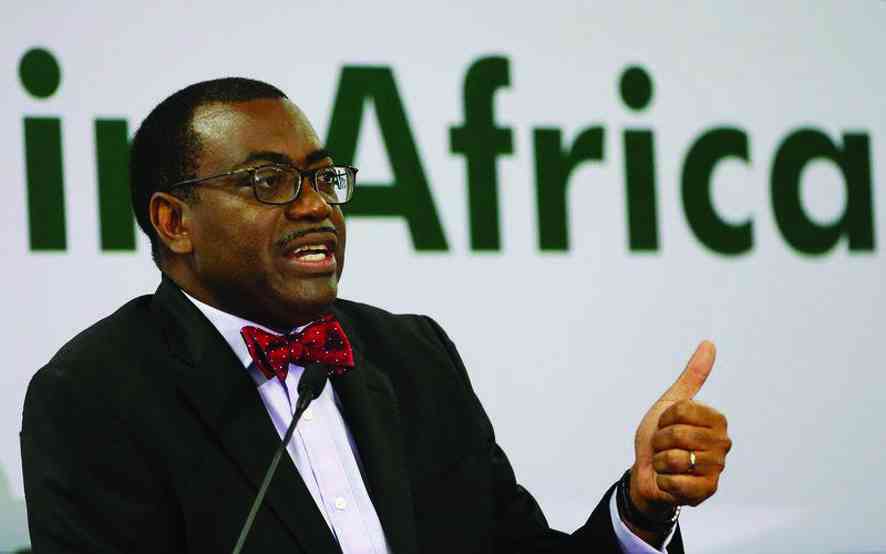
AMERICAN internet service provider, Starlink, launched on the local market over the weekend amid expectations this will result in local rivals upping their game.
Starlink’s debut ends months of speculation after President Emmerson Mnangagwa announced in May that the company had been licensed to operate in the country.
The Elon Musk-owned firm announced that a standard kit will be priced at US$350 plus a monthly fee of US$50 for unlimited internet access.
A mini kit costs US$200 plus a monthly charge of US$30.
Starlink’s entry will shake up internet access providers that saw operational costs growing faster than revenue in the first quarter of the year attributed to the sharp depreciation of the local currency, according to the Postal and Telecommunications Regulatory Authority of Zimbabwe (Potraz) report.
Its entry will accelerate the growth of internet penetration, which has been on an upward trajectory, rising to 75,36% at the end of the first quarter of 2024 from 65,40% in the comparable period last year as result of investment by operators and increased uptake, according to Potraz.
The growth in internet penetration could also be attributed to government’s programmes and policies aimed at increasing internet access and usage, such as the National ICT Policy and the Digital Transformation Strategy.
Internet has become the life-blood of the economy, spurring on activities like e-commerce, online banking, education and entertainment, according to Potraz.
- Chamisa under fire over US$120K donation
- Mavhunga puts DeMbare into Chibuku quarterfinals
- Pension funds bet on Cabora Bassa oilfields
- Councils defy govt fire tender directive
Keep Reading
Announcing the licensing of Starlink in May, Mnangagwa said it was incumbent on government to lead from the front in providing an environment where investment in technology is promoted in his administration’s thrust of prioritising the digital economy and the emerging importance of technology.
Starlink’s entry to the digital telecommunications space in Zimbabwe is expected to result in the deployment of high speed, low cost LEO internet infrastructure throughout Zimbabwe and particularly in the rural areas, he said, fulfilling government’s undertaking to leave no one and no place behind.
Mnangagwa said investments of this magnitude and strategic importance was the cornerstone of the second republic’s objective of having a fully digitalised, upper-middle-income economy by 2030.
Starlink’s strength is that the service can be accessible in areas local operators had deemed not commercially viable or previously untapped thereby bridging the digital gap.
Government must ride on the service to connect rural schools.
The President’s computer lab per school programme must be accelerated in remote areas in line the leaving no one and no place behind mantra.
There are examples across Africa in which governments harnessed the Starlink service to connect previously marginalised areas.
In Rwanda, the government is working with the Tony Blair Institute (TBI) to provide internet connectivity to 50 schools in mostly hard-to-reach areas.
“More than 15 000 students gained access to the internet and the opportunities it provides, after an implementation phase that was less than three months long,” TBI said, adding that the project with Starlink had “empowered teachers by providing access to additional educational tools, such as virtual laboratories to deliver science lessons”.
The coming months will be crucial for local internet access providers.
While they enjoy the first move advantage, complacency will put them out of business if they dont take a cue from what led to the problembs which affected Finnish company, Nokia, once a leading global supplier of mobile phones which lost its marketshare to more agile rivals.
They have rejigged their operations, rolling out promotions for the hearts of customers.
For the first time in years, the customer that has been getting the short end of the stick, will be king.











